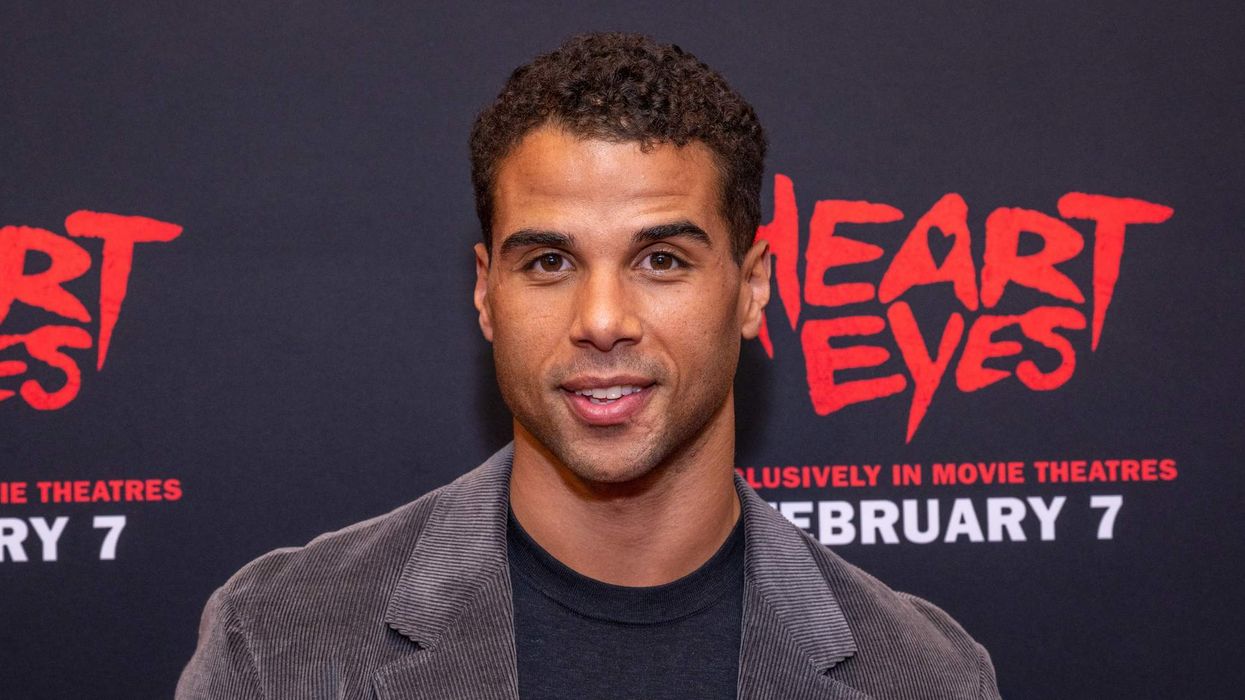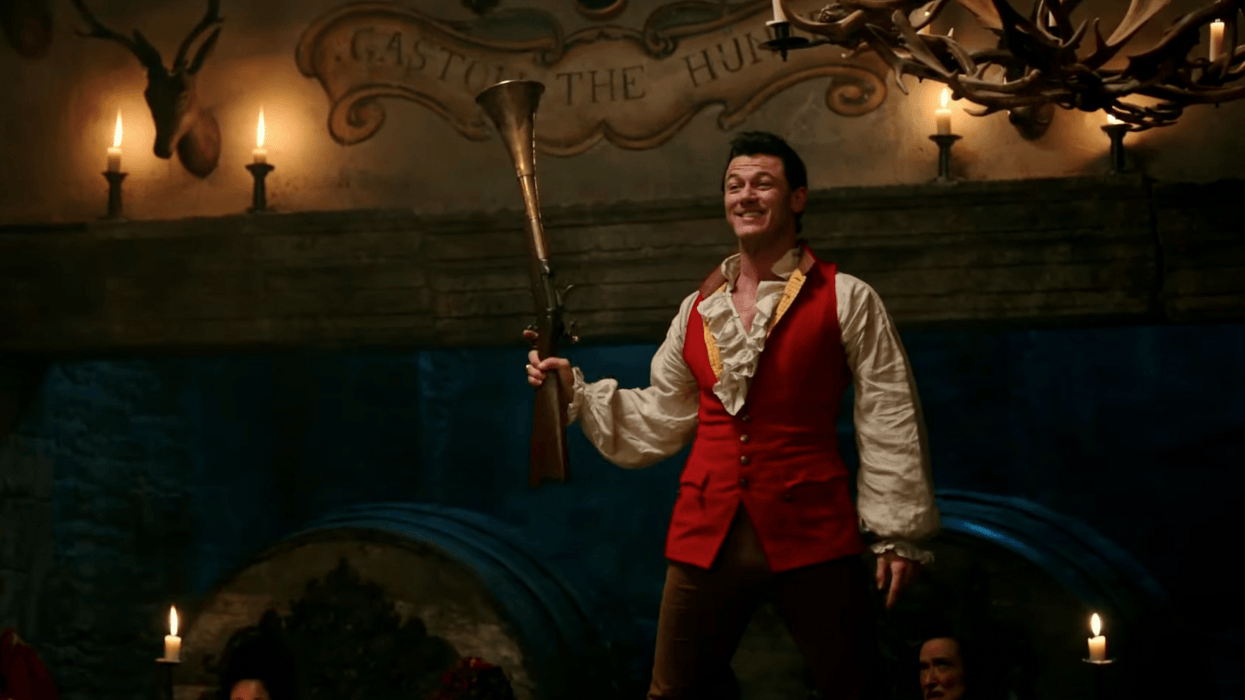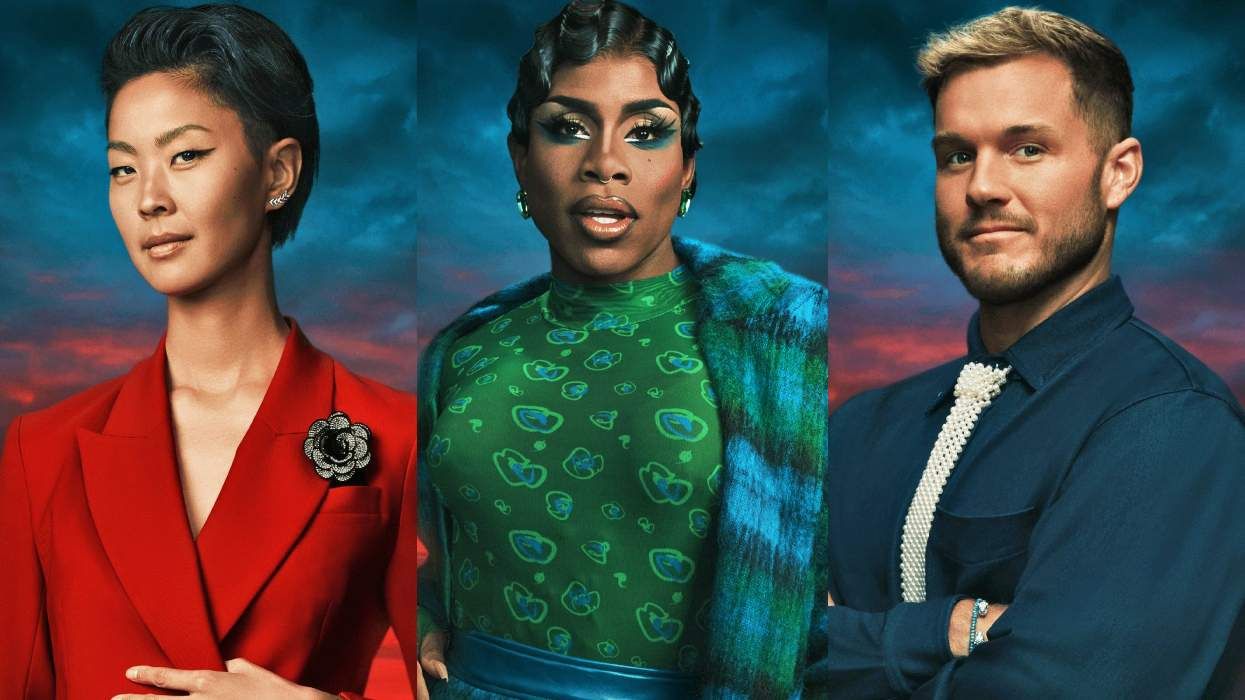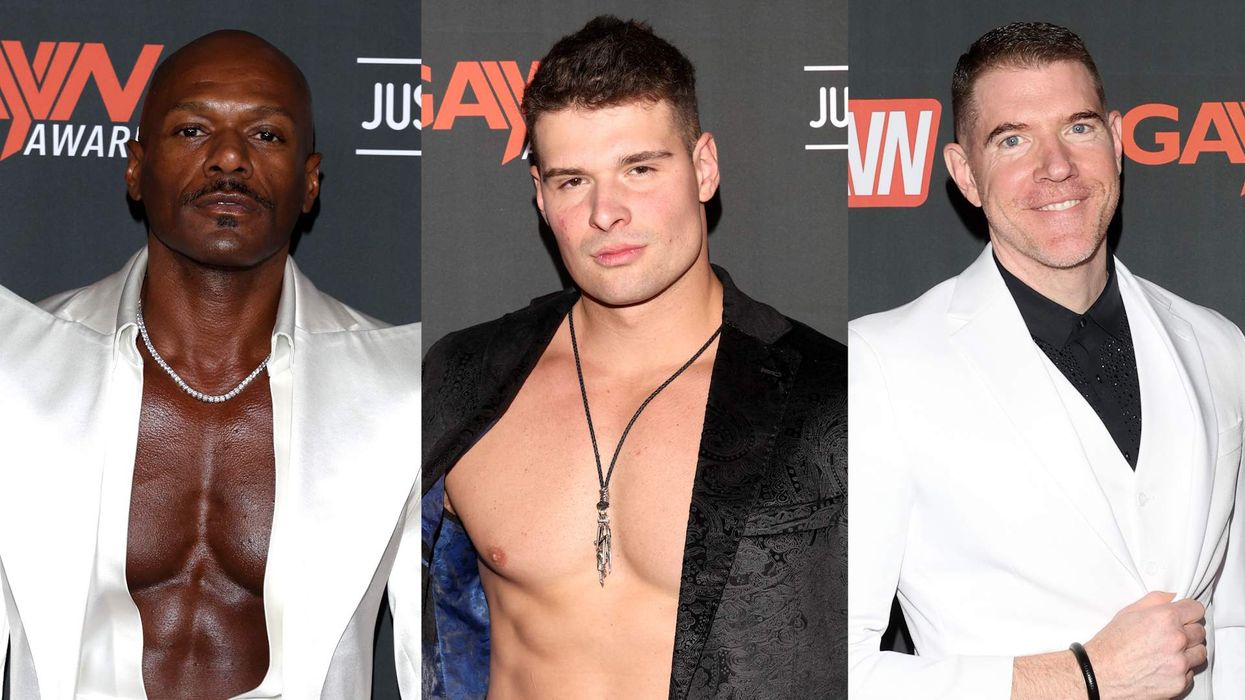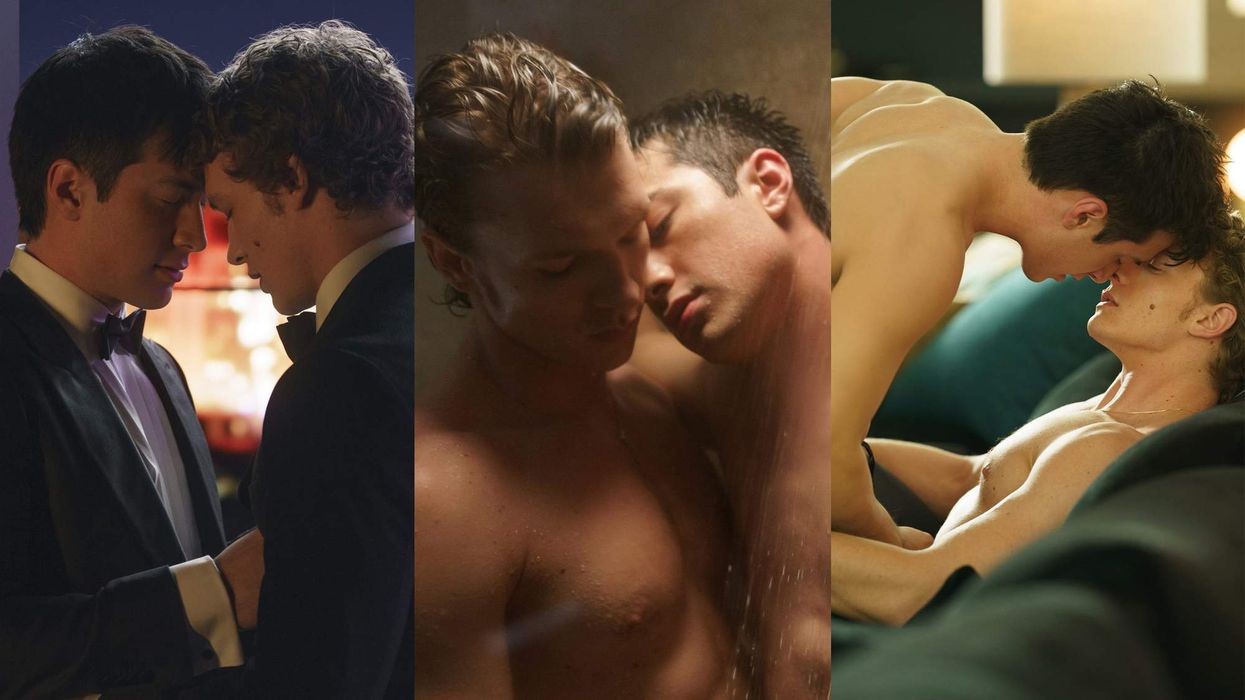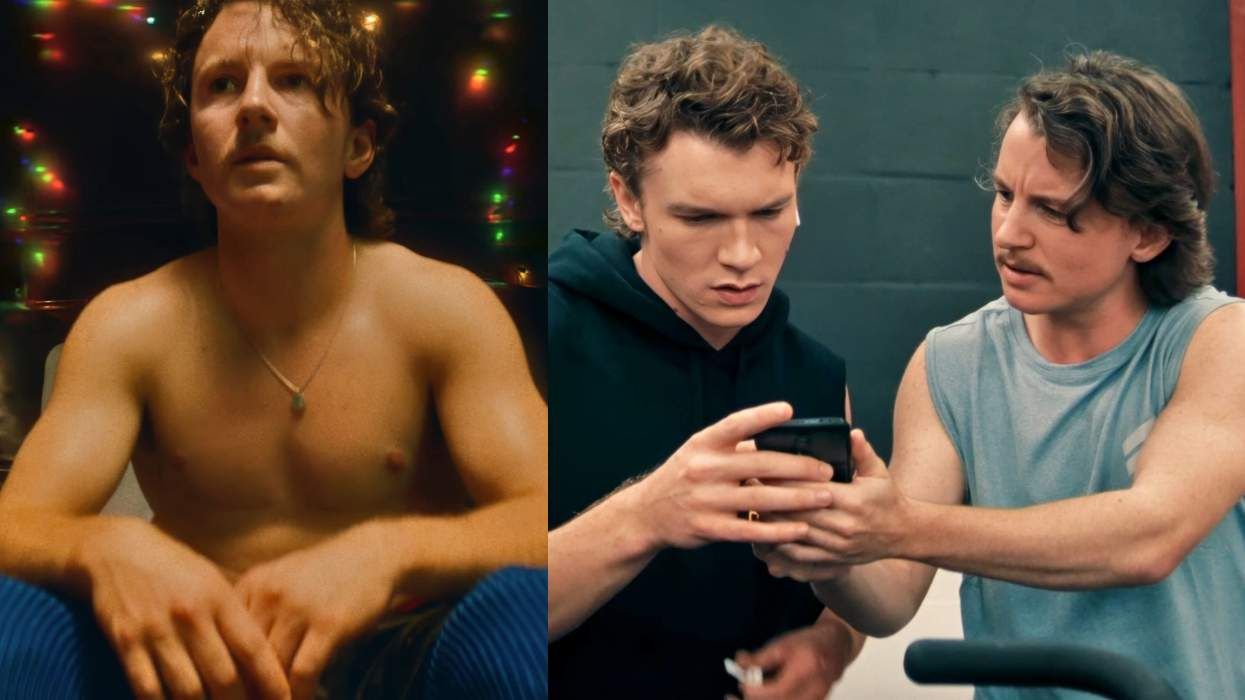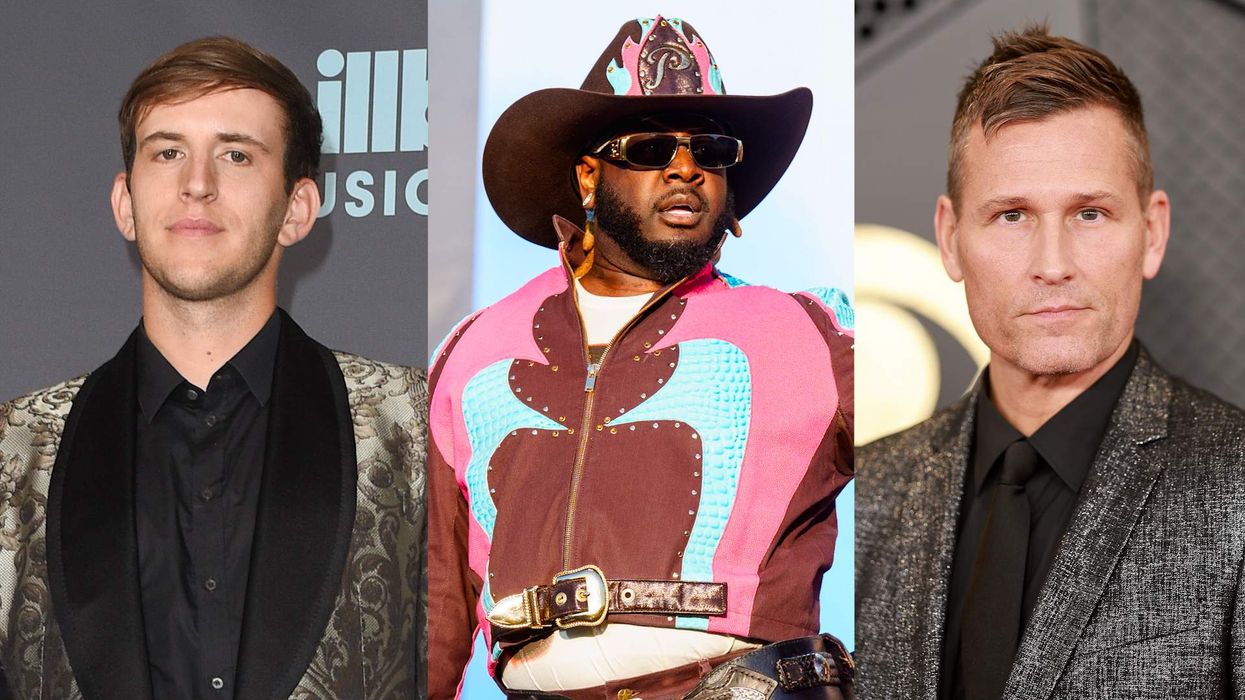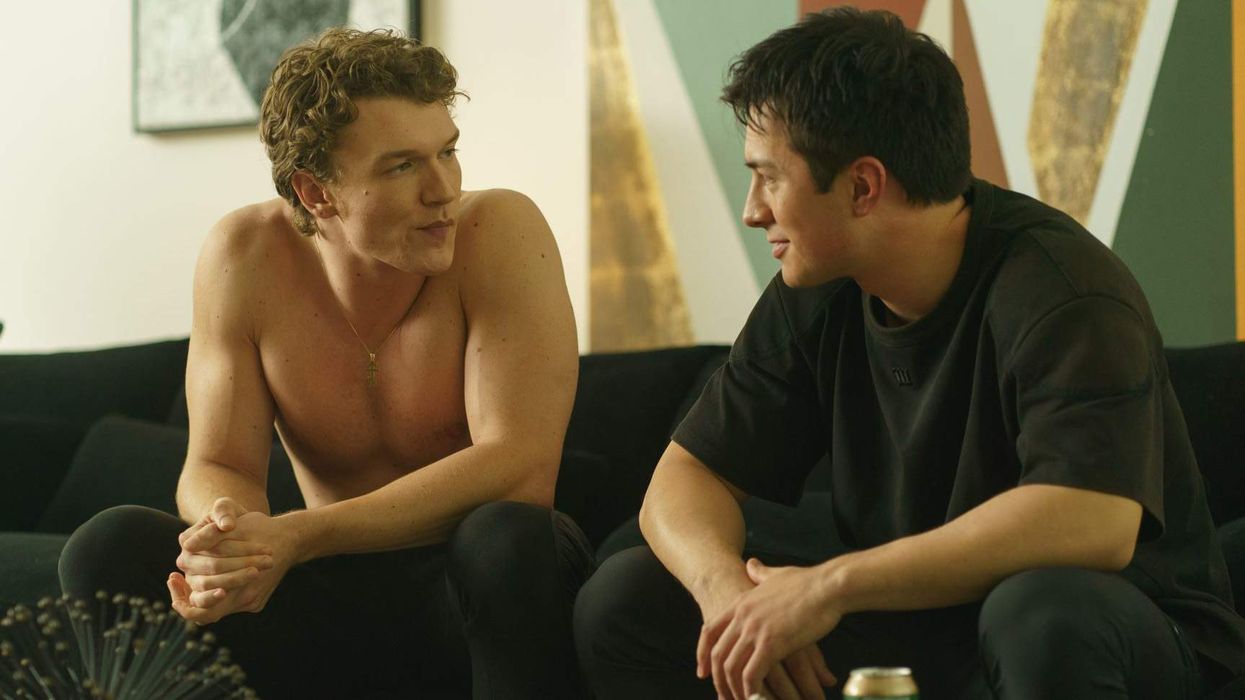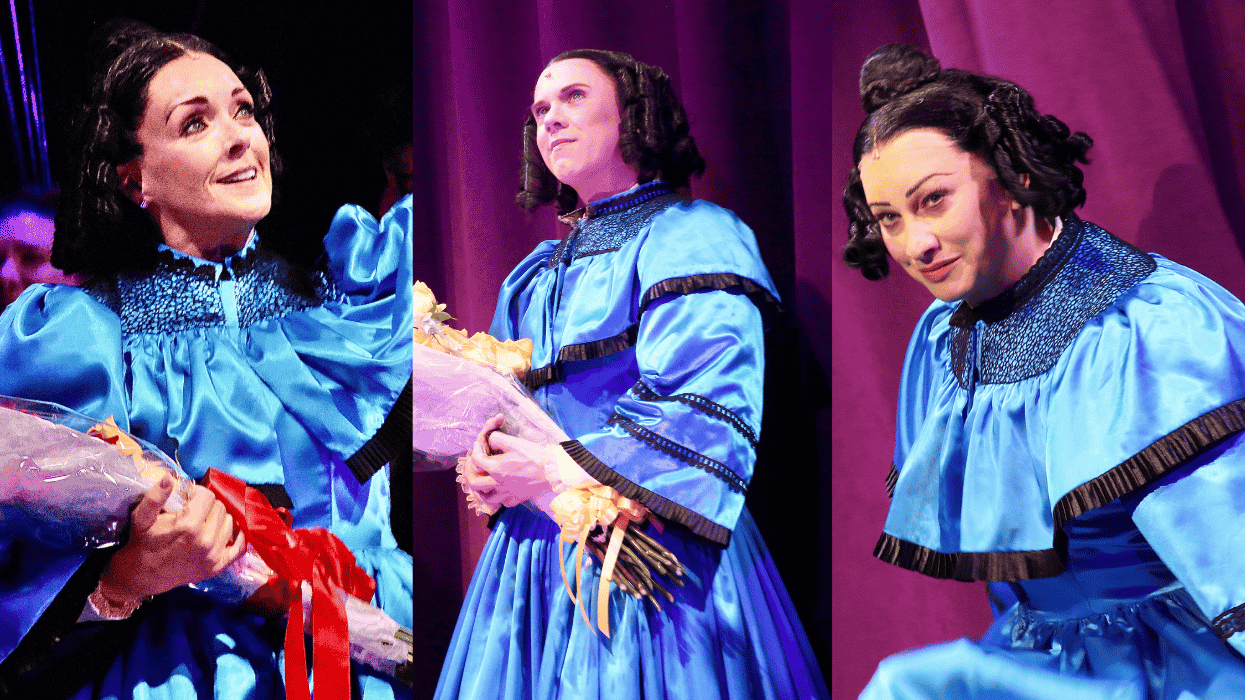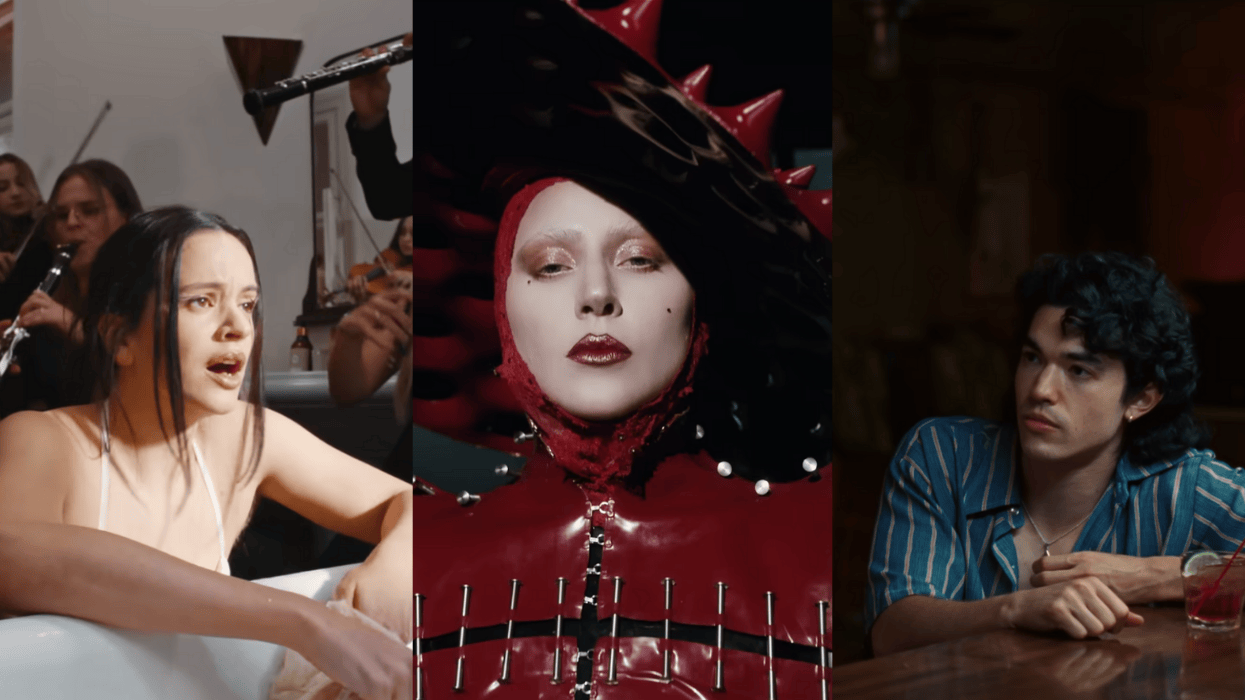Here we have a mid-budget musical drama based on a formula, remade three times since 1937. Even casual filmgoers know the story. A famous entertainer falls in love with an unknown mega-talent and gives her a professional start. They marry, and his demons begin to overtake him. Her star rises and his dims. He eventually makes a devastating sacrifice to rescue her stardom. What happens within this framework, which has by now risen to the level of mythology, changes with the times and with whichever actress plays the titular star.
Every few decades, A Star is Born uses its lead actress like a frog in a high school science lab. The film, ostensibly tasked with examining fame, takes a scalpel to it specimen, dissecting her celebrity under the guise of fascination but with all the aggression of a stalker. It is a wonder that any performer has ever subjected herself to this type of semiotic dissemination, especially on such a grand scale, while exposing oneself to comparison with Judy Garland and Barbra Streisand. It takes guts but the rewards are obvious: In a good script, this is a great role, and to succeed is to secure one's position in a majestic artistic lineage.
But the functions of the performer and the audience have grown more complicated since A Star Is Born was last mounted four decades ago: We are no doubt more cynical about fame, but because it has never been more accessible, it has never been more widely pursued. Furthermore, since our political polarization has seeped into fan culture, we are quicker to exalt and to eradicate: Everyone is now either cancelled trash or a "skinny legend." It's an especially toxic time to re-contextualize the story of Norman Maine and Esther Blodgett - or as they are known here, Jackson and Ally. And perhaps no major contemporary pop icon has a public iconography more apt for this type of examination than Lady Gaga, who rose to fame as if in an instant, and whose celebrity has both nourished her work and at times eaten it alive.
In the 1954 George Cukor film, Norman Maine describes star power as "that little something extra. Like Garland and Streisand, Gaga has it, and also carries an accumulation of associations. Her star quality, though glorious, has nothing whatsoever to do with the technical discipline we call acting. And since she is playing a woman other than Lady Gaga who nevertheless has all the exact superhuman qualities that made Lady Gaga a star, objectively analyzing Gaga's dramatic chops is a bit like driving a car with the sun in your eyes. There is nothing of the unknown about her. We would recognize her gestures and voice anywhere. We have seen her Modigliani face from every angle. So identified is she with her own star power that there are moments in this movie when her "something extra" so overwhelms that it provokes a physical reaction. In some, this reaction will be revulsion. Plenty of people who cringe when Gaga so much as bats an eyelash.
All this being said, the question you came here to ask must be answered: Can Gaga act? I've been a tease, but it's a loaded question in this day and age. If you have looked on the gay internet since the A Star Is Born trailer dropped, you might think there are only two possible conclusions: Gaga must either earn an Oscar or make a fool of herself, and nothing in between. These parameters are entirely unfair and arguably misogynistic - not one of you has asked me if Bradley Cooper can sing! - but I will answer the question, knowing full well that it will only contribute to narratives at play beyond my control.
I will say it as clearly as I possibly can in the gayest language possible: On one end of this spectrum is Mariah Carey in Glitter. On the other is Bjork in Dancer in the Dark. Gaga lands just shy of Bette Midler in The Rose. Yes, she can definitely act. This is a wholly credible performance that often flirts with excellence. She could, should, and will be widely recognized for her work.
I've gone on and on without getting to Bradley Cooper, who directed this film and stars opposite Gaga as Jackson Maine, a Bonnaroo-type folk-rock divo. Let us meditate a moment on Cooper, who gives the best performance of his career. The role is a typical male showpiece: Maine calls on his interpreter to appear credibly in various stages of drunkenness, sing like a frontman, and rocket through three acts of shattering highs and lows. But Cooper transcends this type with a quiet desolation. He hides behind hair, hat, and beard, and his work is scaled back and deliberately modulated to reward our patience. His vulnerable, needy Jackson Maine sets aside James Mason's preening self-regard and Kris Kristofferson's imposing machismo for outright humiliation and self-punishment. His star-crossed love for Ally is wound up tight with palpable, pathetic sorrow, for he knows he cannot be the man she deserves and he loathes himself for it.
Cooper introduces himself in a long, hand-held close-up, and with the great cinematographer Matthew Libatique, Cooper maintains this remarkable intimacy throughout. There is a hushed, mumblecore quality at play here, and the gaze rests comfortably close to the performers. (I would be interested to know what percentage of the final cut is shot in close-up.) And since we are so enveloped in Jackson's naturalistic, tortured shame, we feel his anguish viscerally as it reverberates through Ally. His subtlety keeps the sturm und drang of the compulsory finale from diving into melodrama. At the end of Cooper's performance, we get all we need to know from a brilliant directorial touch: a perfectly positioned camera, a swift movement from the top of the screen to the bottom, and a sharp cut to black.
This script was passed to countless writers over the years, but it is ultimately credited to Cooper, Eric Roth, and Will Fetters, with the story elements attributed to Joan Didion, John Gregory Dunne, Moss Hart, William A. Wellman, and others. (The songs were written by another cohort of major talents: Gaga, Lukas Nelson, Diane Warren, Mark Ronson, etc.) Yet on the level of narrative it feels like the most cohesive and structurally sound take on "A Star Is Born" since the original Janet Gaynor vehicle of 1937. The (partially lost) Garland film feels episodic by comparison, and the Streisand film positively drips with excess and ego. Here, the occasional dramatic missteps are forgivable, and the obligatory awkward segues into song are almost sweet in their droll familiarity. There's a lot to be said for Gaga and Cooper's chemistry: Their electric attraction smooths over the jagged edges of their swift courtship. The opening sequence, a drunken first date, clunks haphazardly from an expert, intoxicating drag bar meet-cute to bar-room violence to parking lot lovefest, and without Cooper's sure directorial hand, it might weigh down the first act as written.
It starts off on a gorgeous high: After a show, Jackson stumbles comfortably into a gay club, desperate for another drink, just before Ally - the club's only cis performer - comes on to sing "La Vie En Rose." Everything freezes when she slides across the bar and Libatique executes a staggering close-up: It is the moment Jackson falls in love with her, and it's good enough to make the audience do the same. By the next day when Ally quits her job, flies to his next show, and is dragged on stage to sing an unrehearsed (but fully arranged) version of the song she made up in the parking lot, you simply won't care that it doesn't make the sense it should. That's because this scene - as directed, acted, and sung live - is above the price of rubies. The song is called "Shallow" and it is going to win the Oscar for Best Original Song. Look, I don't make the rules. I just call them like I see them, and I saw this one through happy tears.
Then comes the familiar territory of the long second act. Here, the mood is set by the unmistakable carnality of Ally and Jackson's musical collaboration, and it is further upgraded by strong work from three unlikely actors: Andrew Dice Clay, Dave Chappelle, and best of all, Sam Elliott. They play, respectively, the father, the brother, and the brother-father. Clay, cast against type as Ally's dad, is the encouraging whisper in Ally's ear, her truest believer and fiercest protector. Chappelle leaves a strong impression as Jackson's childhood friend, the only voice of reason he'll listen to. And Sam Elliott is simply divine as Bobby Maine, Jackson's much older brother, his secret keeper, rival, and enabler. Theirs is a love story as well, and it becomes one of the most complex screen relationships between two heterosexual men in recent memory.
Lastly, the film has several queer elements worth celebrating. Thelma Ritter is surely smiling upon Shangela and Willam, who make delightful backstage sidekicks. At one point, Ally, naked, does Jackson's eyebrows while naked in a bathtub, and that scene is my new sexual orientation. And I'm pleased to report that A Star Is Born is bookended by paeans to Gaga's progenitors: First, a sweet musical ode to Garland, and in the superlative finale, an unmistakable Streisand tribute. There's hardly a moment between them to criticize.





